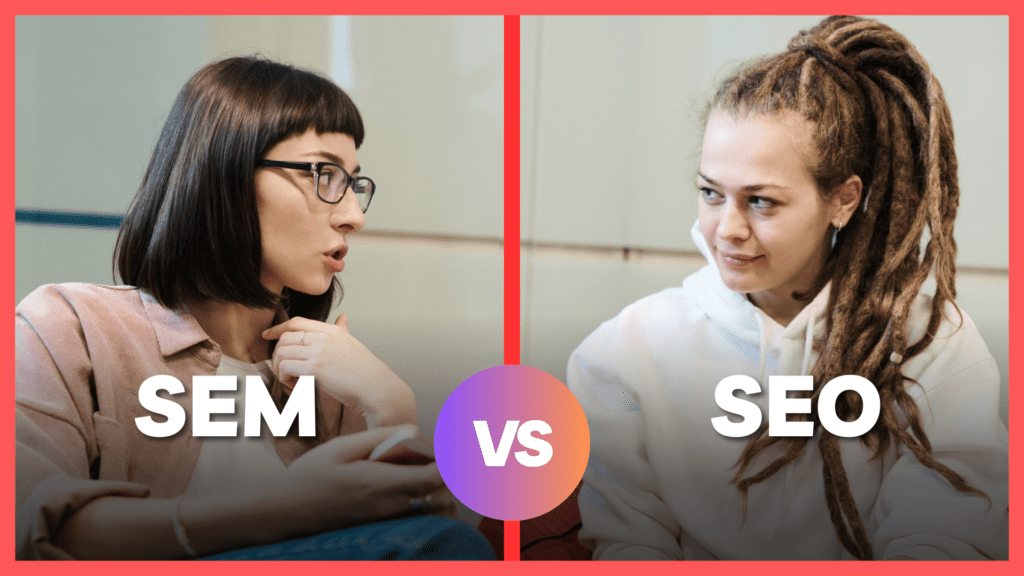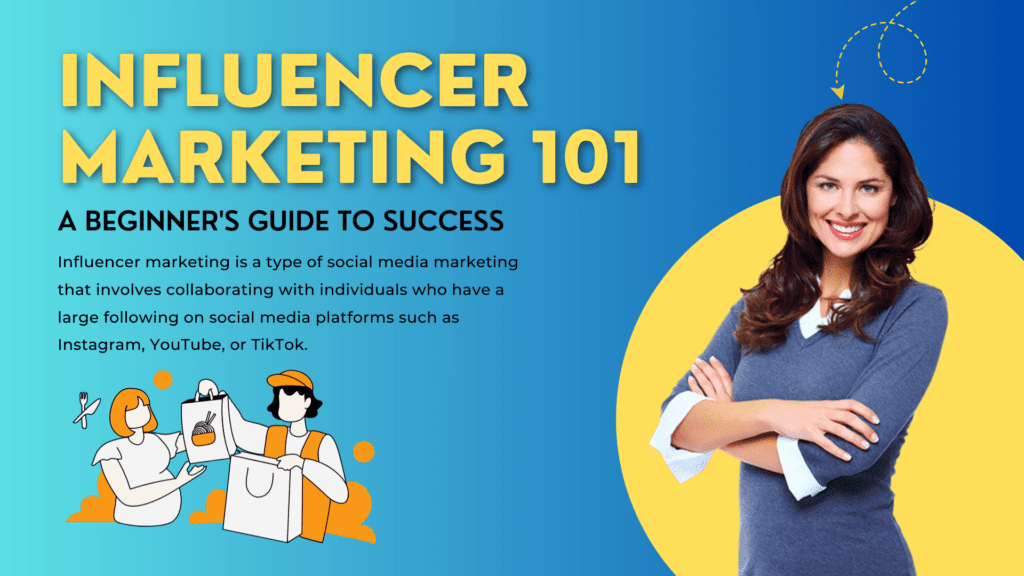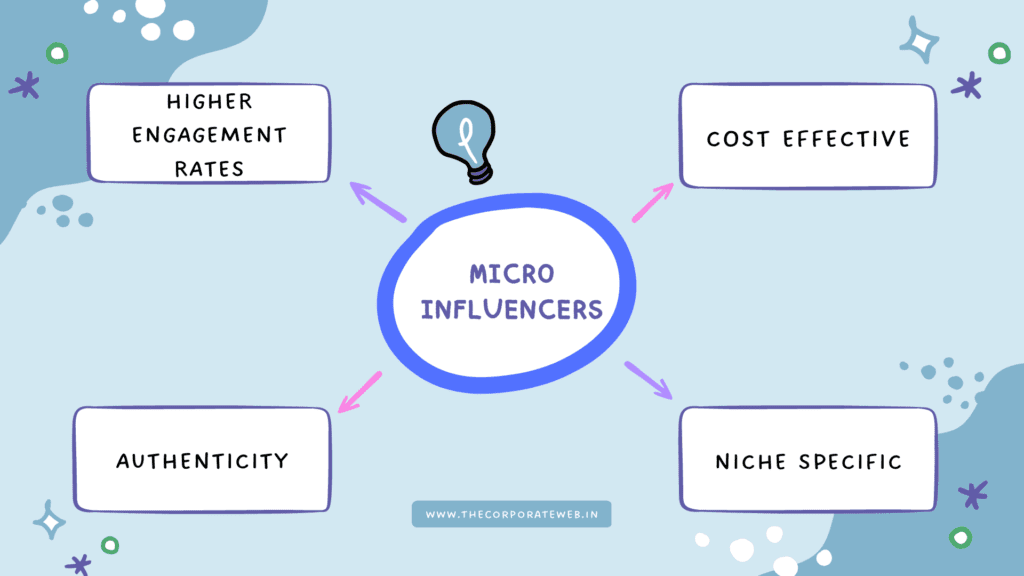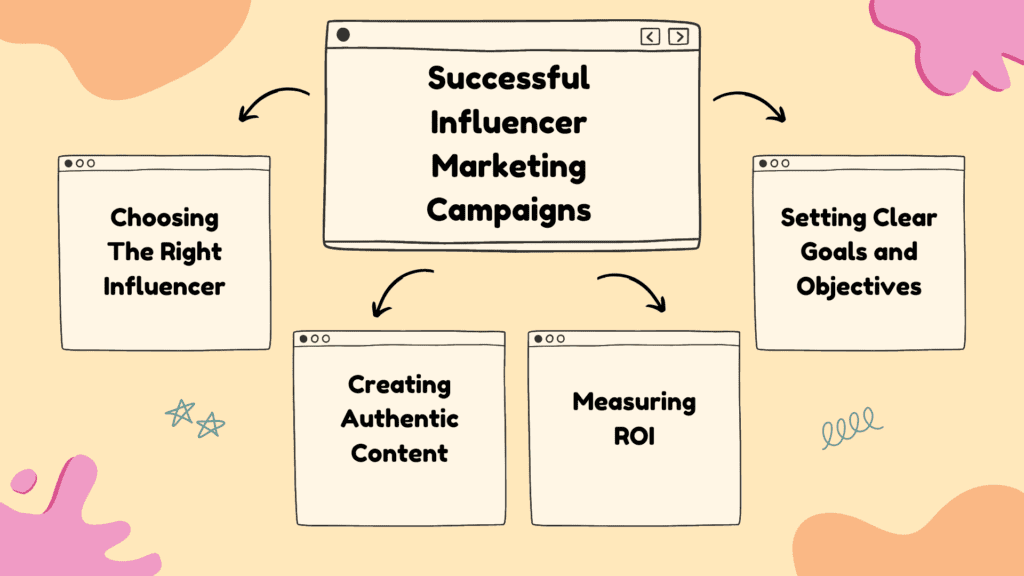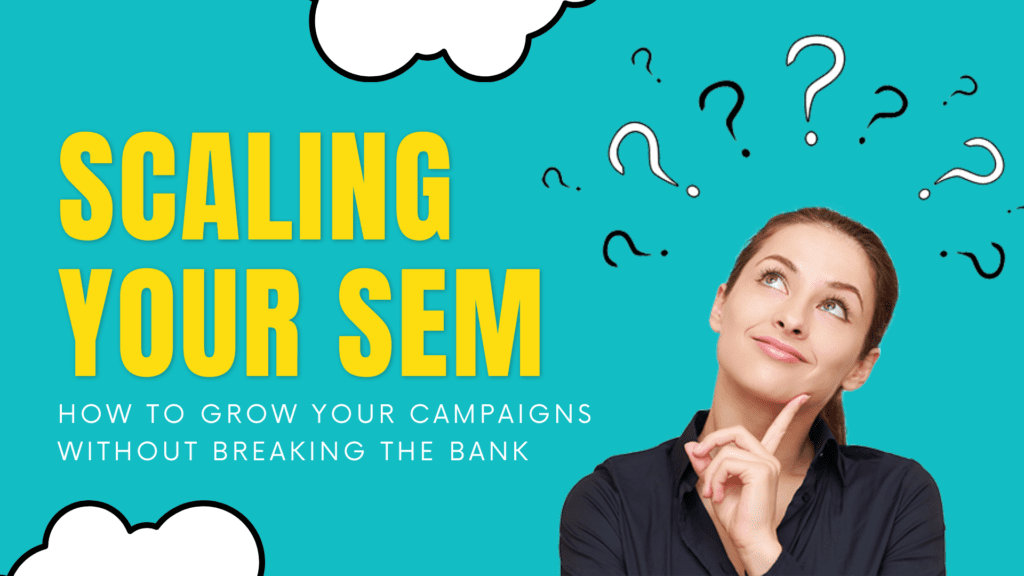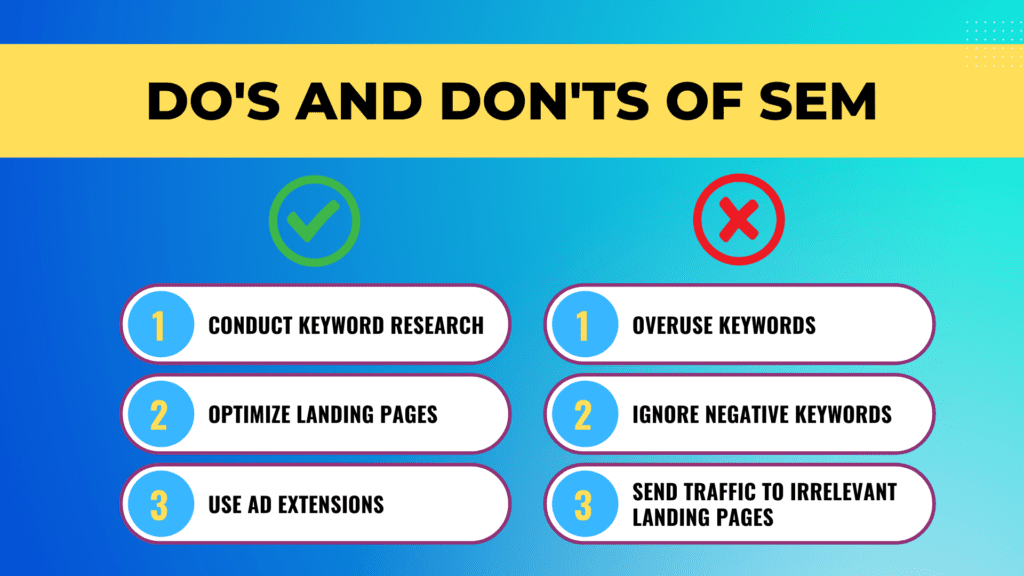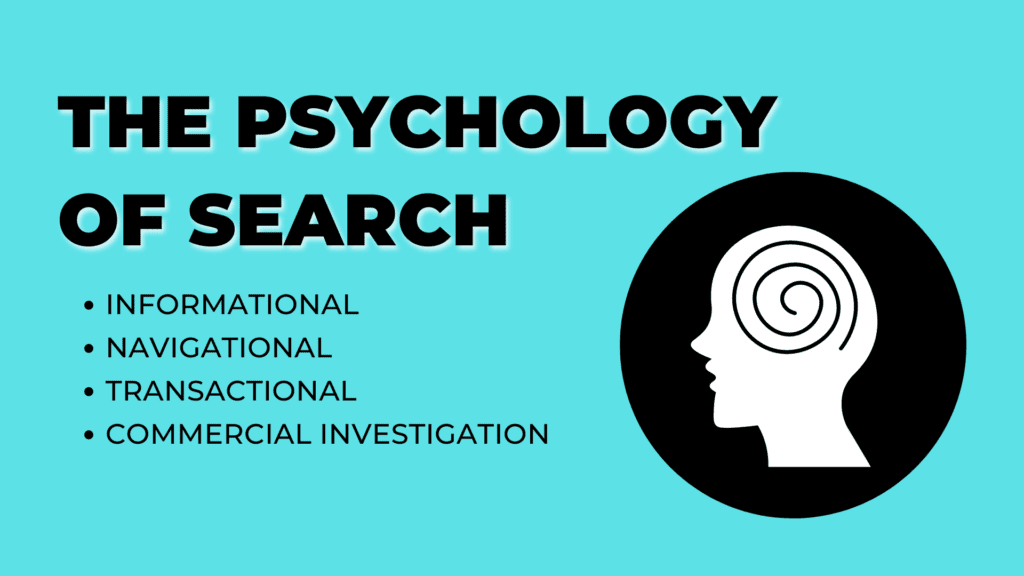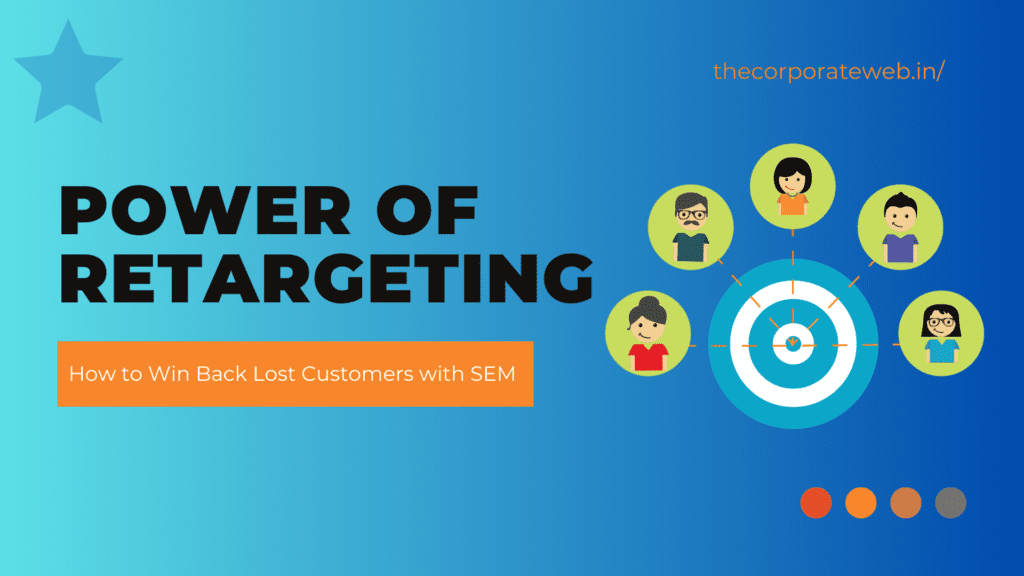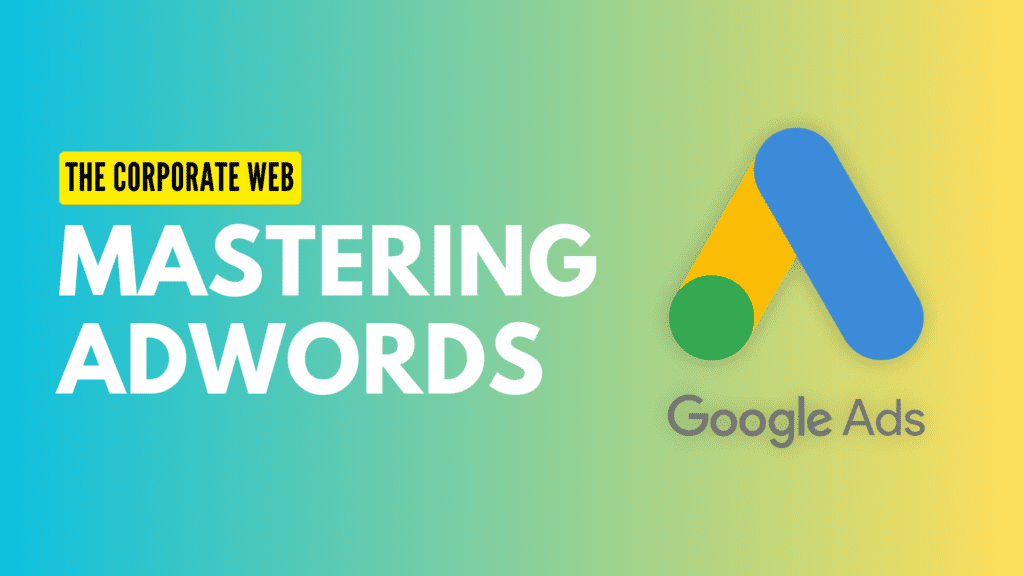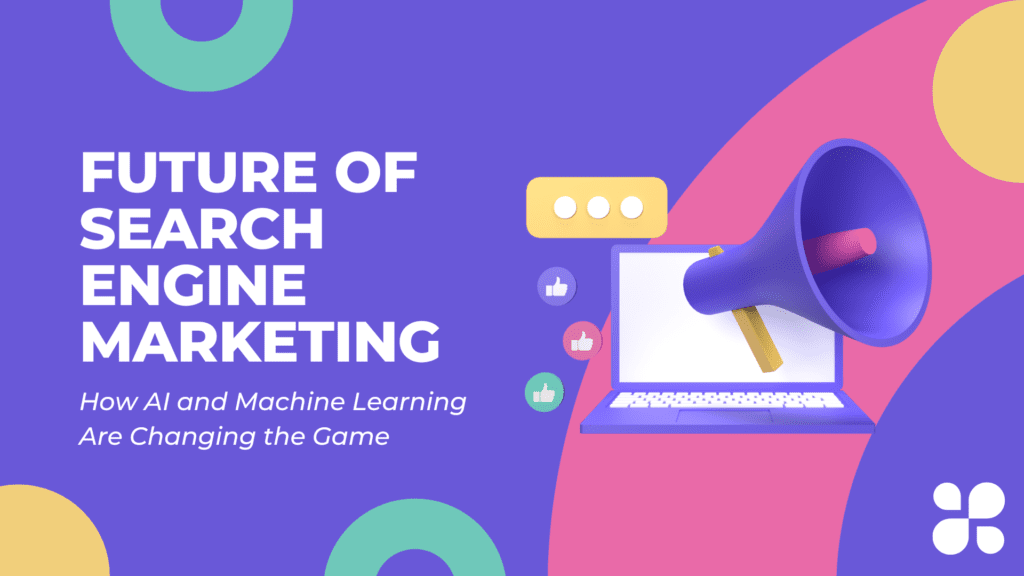What is SEM?
Search Engine Marketing (SEM) is a type of digital marketing strategy that involves using paid advertising to increase a website’s visibility on search engine results pages (SERPs). It involves paying for ad space on search engines such as Google, Bing, and Yahoo. SEM vs SEO
When a user searches for a specific keyword or phrase, ads that are related to that keyword or phrase will appear at the top or bottom of the search results page.
What is SEO?
Search Engine Optimization (SEO) is a type of digital marketing strategy that involves optimizing a website’s content to improve its organic search rankings on search engine results pages (SERPs).
The goal of SEO is to increase the visibility of a website in the organic, non-paid search results. This is achieved by improving the website’s content, structure, and HTML markup to make it more search engine-friendly.
Differences between SEM and SEO
| Basis | SEO | SEM |
| Definition | Optimizing website and content to rank well in organic search results | Paid advertising through search engine platforms |
| Timeframe | Takes time and effort | Immediate results |
| Cost | Free (besides optimization efforts) | Pay-per-click model |
| Targeting | Organic traffic | Targeted advertising |
| Sustainability | Sustainable results | Results end with advertising |
| Potential Benefits | Increased website traffic | Increased brand recognition and familiarity |
1. Paid vs. Organic
The main difference between SEM and SEO is that SEM involves paid advertising while SEO is organic. With SEM, businesses pay for their website to appear at the top of search engine results from pages. With SEO, businesses optimize their website’s content and structure to improve their organic search rankings.
2. Timeframe
Another major difference between SEM and SEO is the timeframe for seeing results. SEM provides quick results, as ads are immediately visible on search engine results pages. SEO, on the other hand, takes time to show results. It can take several months of consistent optimization efforts to see improvements in organic search rankings.
3. Cost
SEM is generally more expensive than SEO. With SEM, businesses pay for each click on their ad, which can quickly add up. With SEO, businesses invest in optimizing their website and content, which has long-term benefits and can be cost-effective in the long run.
4. Targeting
With SEM, businesses can target specific audiences based on location, demographics, and search behavior. With SEO, businesses optimize their website and content for specific keywords and phrases but have less control over who sees their website in the organic search results.
5. Long-term benefits
SEM provides quick results, but those results disappear once the ad campaign ends. SEO, on the other hand, has long-term benefits. Once a website is optimized for search engines, it can continue to rank well in the organic search results, even after the initial optimization efforts.
Benefits of SEM
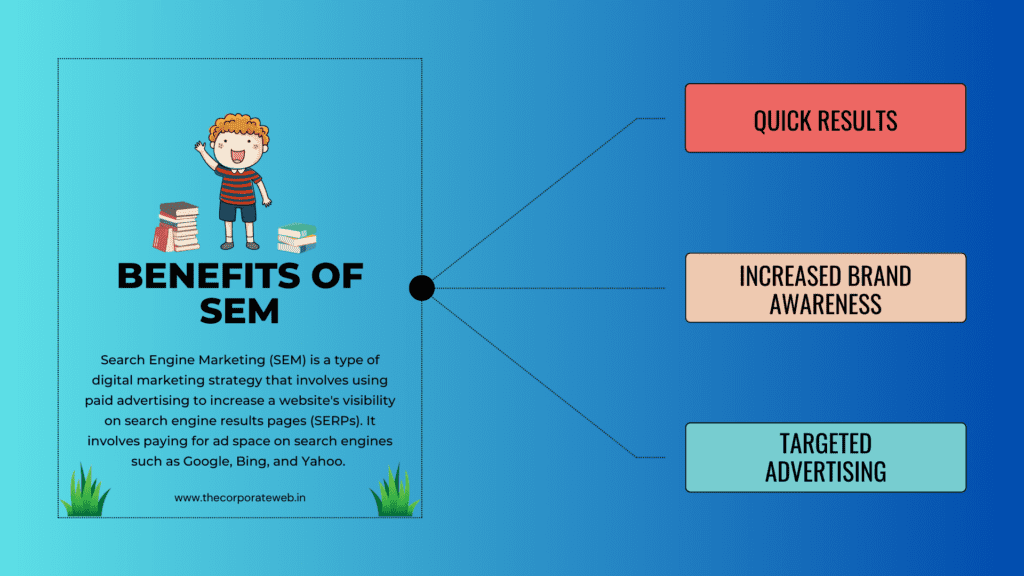
1. Quick results
SEM provides quick results. Ads are immediately visible on search engine results pages, and businesses can start driving traffic to their website right away.
2. Increased brand awareness
SEM can increase brand awareness. When businesses appear at the top of search engine results pages, they are more likely to be seen by potential customers. Even if users don’t click on the ad, seeing the business’s name at the top of the search results can increase brand recognition and familiarity.
3. Targeted advertising
SEM allows for targeted advertising. Businesses can create ads that are specifically targeted to their ideal customers based on location, demographics, and search behavior.
Benefits of SEO
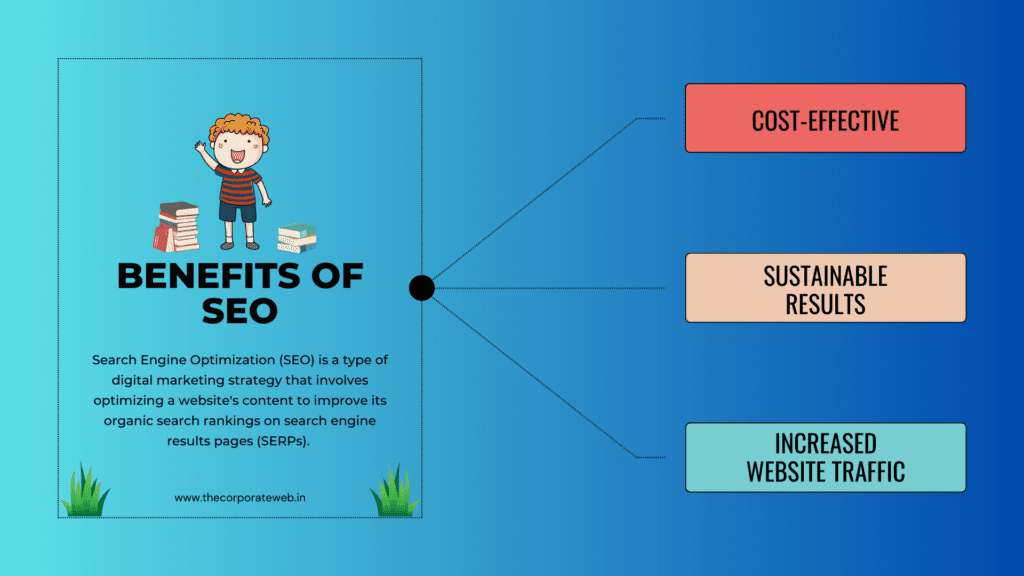
1. Cost-effective
SEO can be cost-effective in the long run. While it may take time and effort to optimize a website and content for search engines, the long-term benefits can be worth it. Organic search traffic is free, which can save businesses money in the long run compared to SEM’s pay-per-click model.
2. Sustainable results
SEO provides sustainable results. Once a website and its content are optimized for search engines, it can continue to rank well in the organic search results, even without additional optimization efforts. This means businesses can continue to drive traffic to their website without ongoing advertising expenses.
3. Increased website traffic
SEO can increase website traffic. When a website ranks well in the organic search results, it is more likely to be clicked on by users. This can result in increased website traffic and potentially more conversions and sales.
Which One Should You Invest in for Your Business?
The decision to invest in SEM or SEO ultimately depends on your business goals and budget. If you are looking for quick results and have a larger advertising budget, SEM may be the way to go. If you have a limited budget and are looking for sustainable, long-term results, SEO may be a better fit. In many cases, a combination of both SEM and SEO can be effective in driving traffic and increasing online visibility.
Conclusion
SEM and SEO are both valuable digital marketing strategies that can help businesses increase their online visibility and drive traffic to their website. The decision to invest in SEM or SEO ultimately depends on your business goals and budget.
While SEM provides quick results, SEO provides sustainable results and can be cost-effective in the long run. Consider your business needs and goals before deciding which strategy to invest in.
Read More: The Power Of Retargeting: How To Win Back Lost Customers With SEM
FAQs Related To SEM VS SEO
What is the main difference between SEO and SEM?
SEO focuses on optimizing website content to rank well in organic search results, while SEM involves paid advertising through search engine platforms.
Is one strategy better than the other?
It depends on your business goals, budget, and timeline. If you are looking for quick results and have a larger advertising budget, SEM may be the way to go. However, if you are looking for sustainable results and have the time and resources to invest in optimization efforts, SEO can yield long-term benefits.
How long does it take to see results with SEO?
It varies depending on the competitiveness of the keywords you are targeting, the quality of your website content and optimization efforts, and other factors. Generally, it can take several months to see significant results.
How much does SEM cost?
SEM uses a pay-per-click (PPC) model, where you only pay when someone clicks on your ad. The cost per click can vary depending on the competitiveness of the keywords you are targeting and other factors. It’s important to set a budget and monitor your campaigns to ensure a positive return on investment.
Can SEO and SEM be used together?
Yes, using a combination of SEO and SEM can be a powerful strategy for driving traffic to your website. You can use SEO to target organic traffic and SEM to target specific keywords or audiences with paid ads.
Is SEO really “free”?
While there is no cost for ranking in organic search results, optimizing your website for SEO does require time, effort, and potentially hiring an SEO specialist or agency.
Do I need to have a large budget to invest in SEM?
No, you can set a budget that works for your business and adjust it over time based on your results. However, it’s important to have realistic expectations for your return on investment and monitor your campaigns closely to ensure profitability.
Can I do SEO myself or do I need to hire an expert?
While it’s possible to do some basic SEO yourself, it’s recommended to hire an expert or agency to ensure the best results. SEO involves a range of technical and creative skills that can take time to master.
Can SEM help with brand recognition and familiarity?
Yes, SEM can increase your brand’s visibility and help build familiarity with your target audience through targeted advertising. However, it’s important to have a clear brand identity and message to effectively communicate with your audience.
Are there any risks involved with SEM or SEO?
Both strategies come with some risks, such as the potential for wasted ad spend with SEM or the risk of penalties for violating search engine guidelines with SEO. It’s important to stay up-to-date on best practices and work with reputable professionals to minimize these risks.
Read More: SEO vs SEM: What’s the difference?
